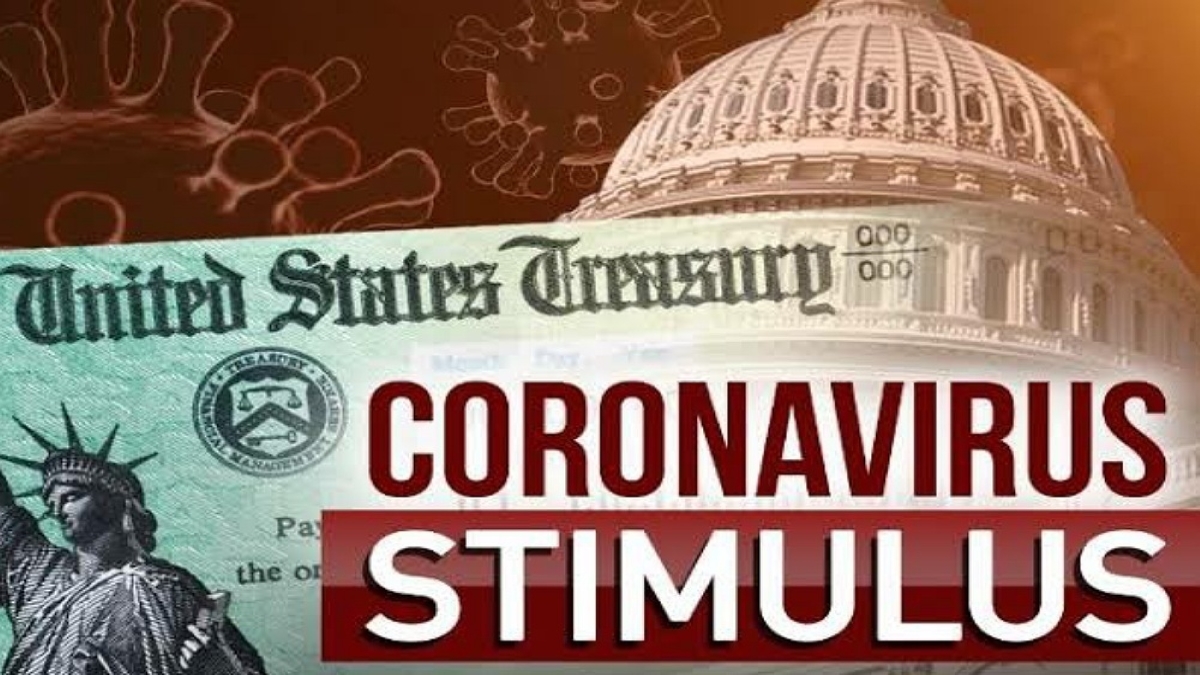Early in the coronavirus pandemic, many Americans were sent a check for at least $1,200. | stock photo
Early in the coronavirus pandemic, many Americans were sent a check for at least $1,200. | stock photo
The managing director and portfolio manager of Ancora -- a company focusing on family wealth, asset management and retirement plans -- said he believes the government did the right thing providing a monetary stimulus in the beginning of the COVID-19 crisis, but he isn't sure it should happen again.
David Sowerby suggested on "The Paul W. Smith Show" radio show recently that he favors a tax cut because that is seen as more permanent.
Sowerby said he was worried about the stimulus ultimately becoming inflationary.
"We were up to $3 trillion and change in existing fiscal stimulus," Sowerby said on the WJR radio show. "Throw in more than $6 trillion in additional monetary stimulus — that was about $9.5 trillion total and that's 44% of GDP, plus this additional trillion dollars. We're talking some epic monetary and fiscal stimulus here."
Sowerby said he worries about the debt being passed on to future generations.
"We can kick the can so far down the road; there's always questions about if the monetary stimulus will ever be inflationary," Sowerby told Smith. "How we ultimately have to pay for taking on all this debt. Usually, in the history of economics, to take on all that kind of debt, you either have to raise taxes or you have to monetize it with inflation."
Sowerby said those are usually the two ways that the debt can get resolved.
"The original $3 trillion-and-change fiscal stimulus, we've only spent $2 trillion of it," Sowerby told Smith. "So there is still plenty to be spent before we throw more debt on future generations. And then, data is the plural of anecdote and, anecdotally, if you see more people looking to hire, businesses, and we've created this period of unintended consequences, where, good or bad, out of this government stimulation, some people are more incentivized to stay at home than they are to go back to work."
Sowerby said he isn't criticizing the typical American worker, but he believes that society ends up creating unintended consequences in this manner.
Sowerby suggested looking at what the Federal Reserve has done.
"In 2008 it took them a little longer to figure out what to do in the face of the great financial crisis," Sowerby said on the radio program. "This time around, in the face of the great COVID crisis, they were quick to the response — they had the right toolbox, they did the right monetary stimulation."
Sowerby said now the question is if it potentially is going overboard.



 Alerts Sign-up
Alerts Sign-up